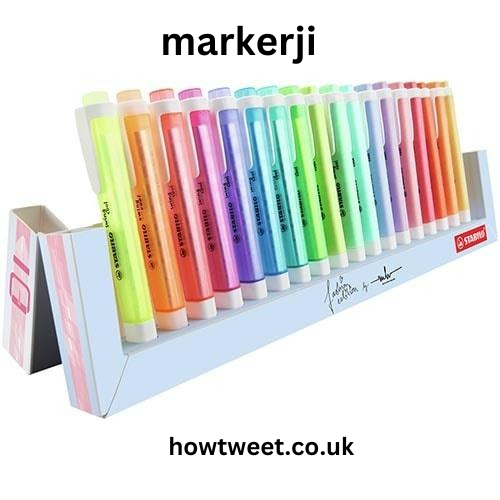Have you ever wondered about the fascinating world of Markerji? Whether you’re an artist, a student, or just someone who loves to doodle, understanding Markerji can open up a new realm of creativity. Let’s dive deep into everything Markerji, covering its origins, techniques, tools, and much more.
The Origin of Markerji
Historical Background
Markerji, a term that may sound unfamiliar to many, has roots tracing back to the evolution of writing instruments. The journey began with ancient civilizations using crude tools to leave their mark, eventually leading to the development of markers as we know them today.
Etymology of Markerji
The word “Markerji” is a blend of “marker” and a suffix that hints at its unique cultural significance. It encapsulates the essence of creating art and leaving lasting impressions with markers.
Types of Markers Used in Markerji
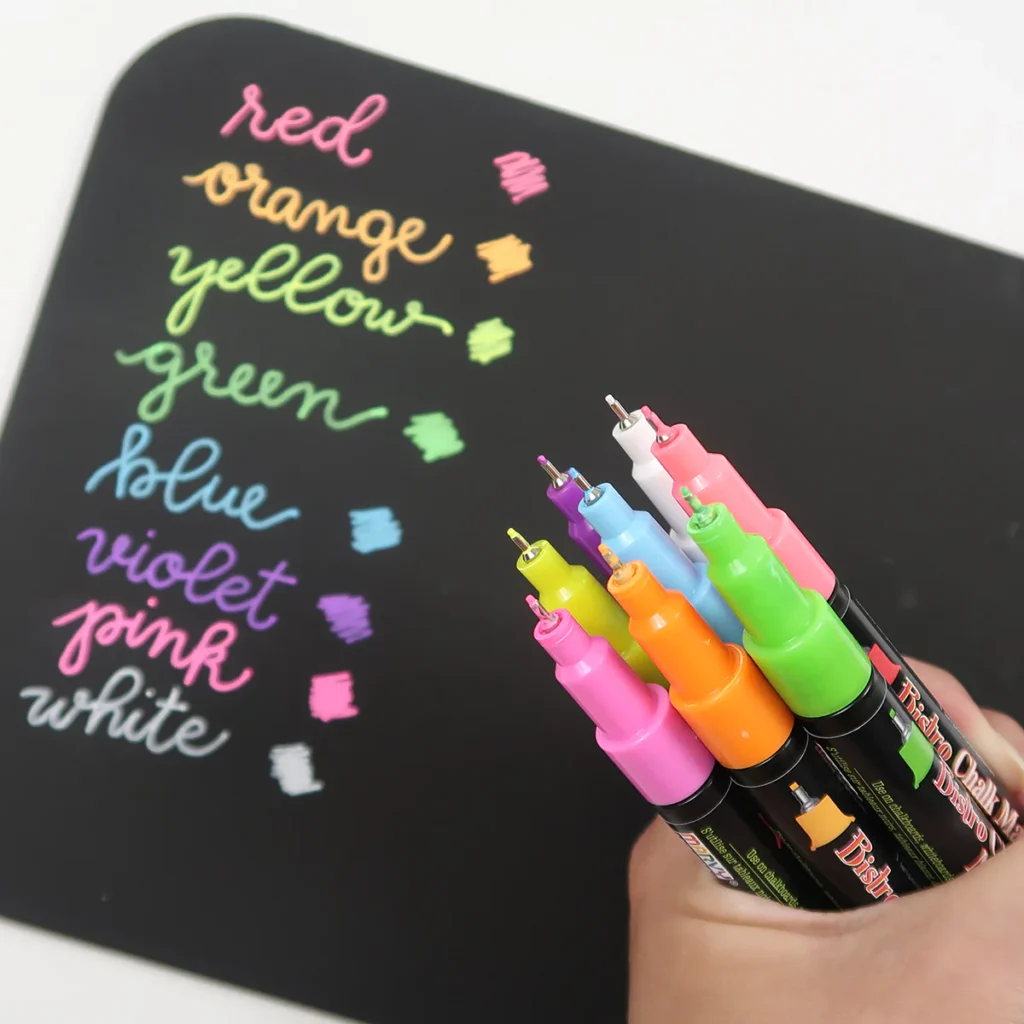
Permanent Markers
Permanent markers are the workhorses of the marker world. They are known for their durability and ability to write on almost any surface. These markers are essential for projects that need to withstand the test of time.
Dry Erase Markers
Ideal for temporary markings, dry erase markers are perfect for whiteboards and other non-porous surfaces. Their erasability makes them indispensable in classrooms and offices.
Highlighters
Highlighters are used to emphasize important text. Their bright, translucent ink makes them perfect for drawing attention to key information without obscuring the underlying text.
Specialty Markers
From metallic markers to fabric markers, specialty markers cater to specific needs and surfaces. They open up endless possibilities for creative projects.
Tools and Materials Needed
Basic Tools
Starting with Markerji requires only a few basic tools: a set of markers, some good-quality paper, and a steady hand. These essentials are enough to begin exploring the art form.
Advanced Tools
For those looking to delve deeper, advanced tools include marker blending kits, specialized paper types, and digital tablets that simulate the marker experience.
The Techniques of Markerji
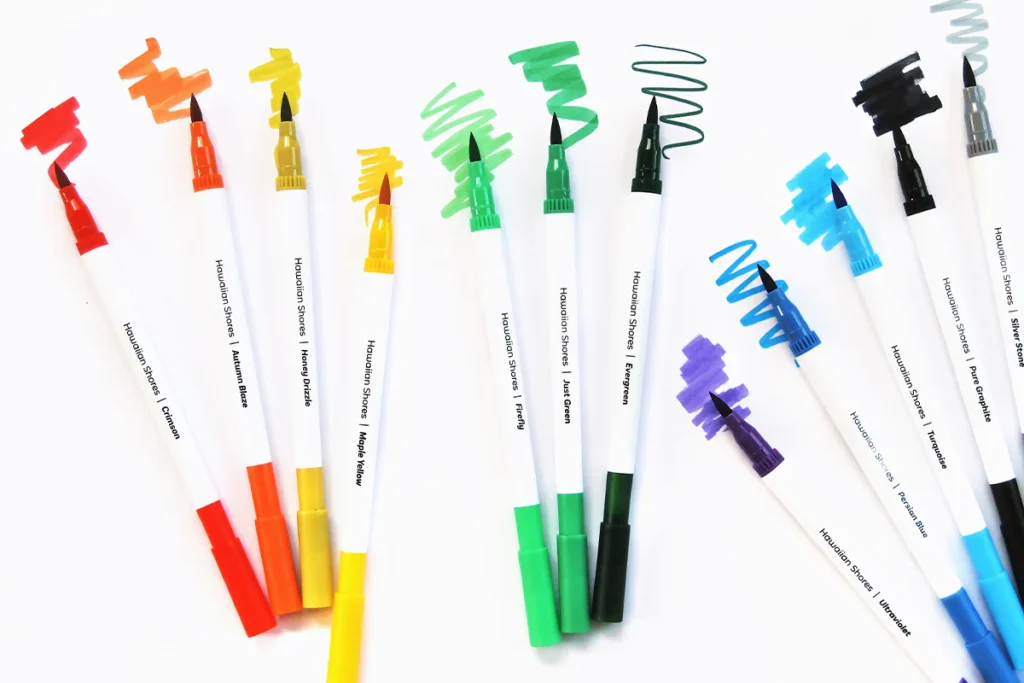
Basic Techniques
Basic Markerji techniques involve understanding how to hold the marker, controlling the pressure, and creating simple lines and shapes. Mastery of these fundamentals is crucial for more complex creations.
Advanced Techniques
Advanced techniques include shading, blending colors, and using various strokes to create textures and intricate designs. These skills elevate Markerji from simple drawings to professional artworks.
Step-by-Step Guide to Markerji
Preparation
Before starting, gather all necessary tools and materials. Ensure you have a clean workspace and plan your design.
Execution
Start with a rough sketch using a light marker. Gradually build up the image, adding details and refining lines. Use different markers for varying effects.
Finishing Touches
Once the main artwork is complete, add finishing touches like highlights and shadows. Ensure the piece is balanced and visually appealing.
Applications of Markerji
Art and Design
Markerji is widely used in the art and design world for creating vibrant illustrations, detailed drawings, and eye-catching designs.
Education
In education, Markerji helps in teaching visual concepts, creating engaging learning materials, and enhancing classroom presentations.
Office and Business
From brainstorming sessions to project planning, Markerji tools like whiteboard markers are essential in business environments.
Personal Use
On a personal level, Markerji can be used for hobbies, journaling, and even decorating personal items.
Markerji in the Digital Age
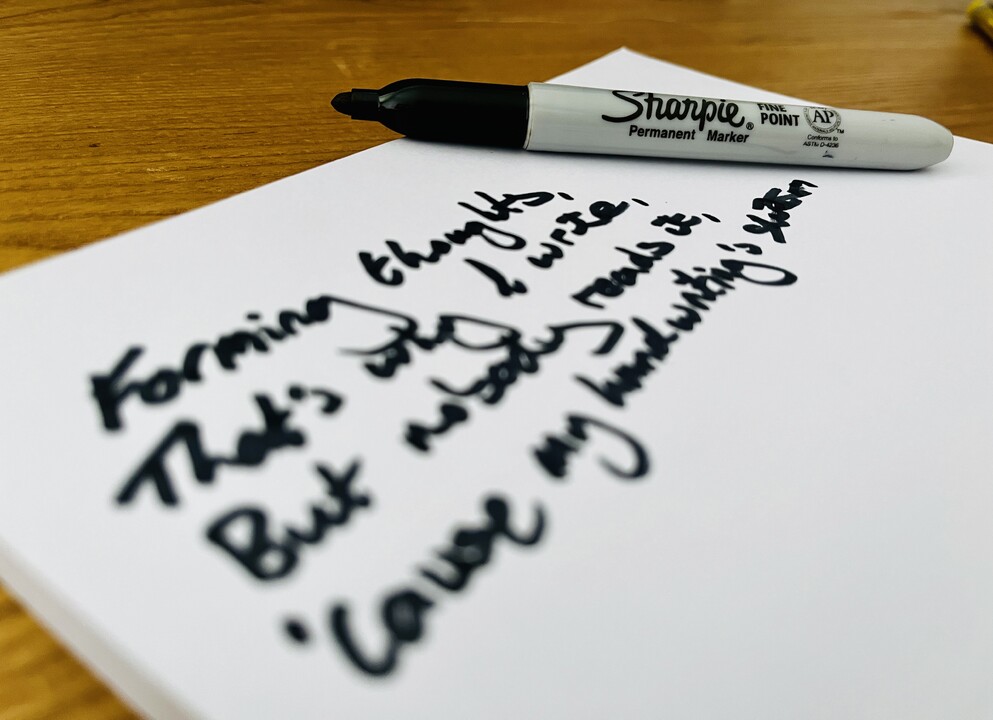
Digital Marker Tools
With the advent of technology, digital marker tools have emerged, allowing artists to create Markerji art on tablets and computers. These tools mimic the feel of traditional markers while offering additional features.
Comparison with Traditional Markerji
While digital Markerji offers convenience and versatility, traditional Markerji has a tactile charm that many artists still prefer. The choice between the two depends on personal preference and the project at hand.
Benefits of Practicing Markerji
Creativity Enhancement
Markerji encourages out-of-the-box thinking and creativity. The freedom to experiment with colors and designs can spark new ideas and artistic expressions.
Stress Relief
Engaging in Markerji can be a great stress reliever. The repetitive motion of drawing and the focus required can provide a calming effect.
Skill Development
Regular practice of Markerji improves fine motor skills, hand-eye coordination, and overall artistic abilities.
Common Mistakes and How to Avoid Them
Overuse of Markers
One common mistake is overusing markers, leading to blotchy or uneven results. To avoid this, use markers sparingly and layer gradually.
Incorrect Techniques
Improper techniques can result in unsatisfactory outcomes. It’s important to learn and practice correct methods to achieve desired effects.
Caring for Your Markers
Storage Tips
Store markers horizontally to prevent ink from pooling at one end. Keep them capped tightly to avoid drying out.
Maintenance Tips
Regularly clean marker tips to maintain their quality. If a marker dries out, try reviving it by soaking the tip in rubbing alcohol.
Innovations in Markerji
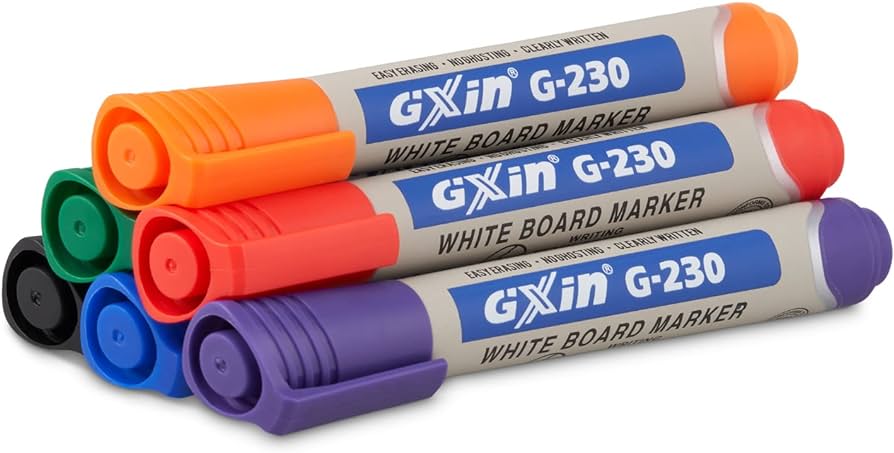
New Marker Technologies
Recent innovations include markers with dual tips, refillable markers, and eco-friendly options. These advancements enhance the Markerji experience.
Emerging Trends
Current trends in Markerji include the use of mixed media, incorporating digital and traditional methods, and exploring new styles and themes.
Famous Markerji Artists
Notable Figures
Several artists have made a name for themselves in the Markerji world. Their unique styles and contributions have inspired many to explore this art form.
Their Contributions
These artists have pushed the boundaries of what can be achieved with markers, introducing new techniques and influencing the Markerji community.
Community and Resources
Online Communities
Joining online communities can provide support, inspiration, and feedback. Platforms like Reddit, Instagram, and dedicated Markerji forums are great places to connect with fellow enthusiasts.
Workshops and Classes
Attending workshops and classes can significantly improve your Markerji skills. Many institutions and artists offer both in-person and online courses.
Conclusion
Markerji is more than just drawing with markers; it’s an expressive art form with a rich history and a vibrant community. Whether you’re a beginner or an experienced artist, there’s always something new to discover in the world of Markerji. So, grab your markers and start creating!
FAQs
What is the best marker for beginners? For beginners, starting with a set of water-based markers is recommended. They are easy to use and clean up, making them perfect for practice.
How long do markers typically last? The lifespan of a marker depends on its type and frequency of use. Permanent markers can last several months to years, while dry erase markers might need replacement sooner.
Can you use markers on any surface? Not all markers are suitable for every surface. It’s important to choose the right marker for the specific material you are working with.
What should I do if my marker dries out? If a marker dries out, you can try reviving it by soaking the tip in a bit of rubbing alcohol. For water-based markers, adding a few drops of water might help.
Are markers safe for children? Most markers are safe for children, but it’s essential to check the labels for any warnings. Non-toxic, washable markers are best for young kids.
